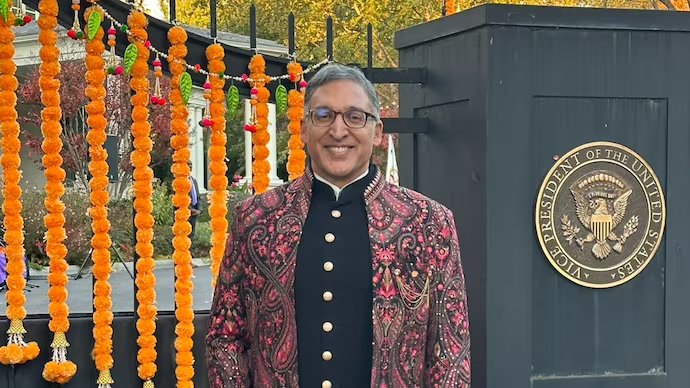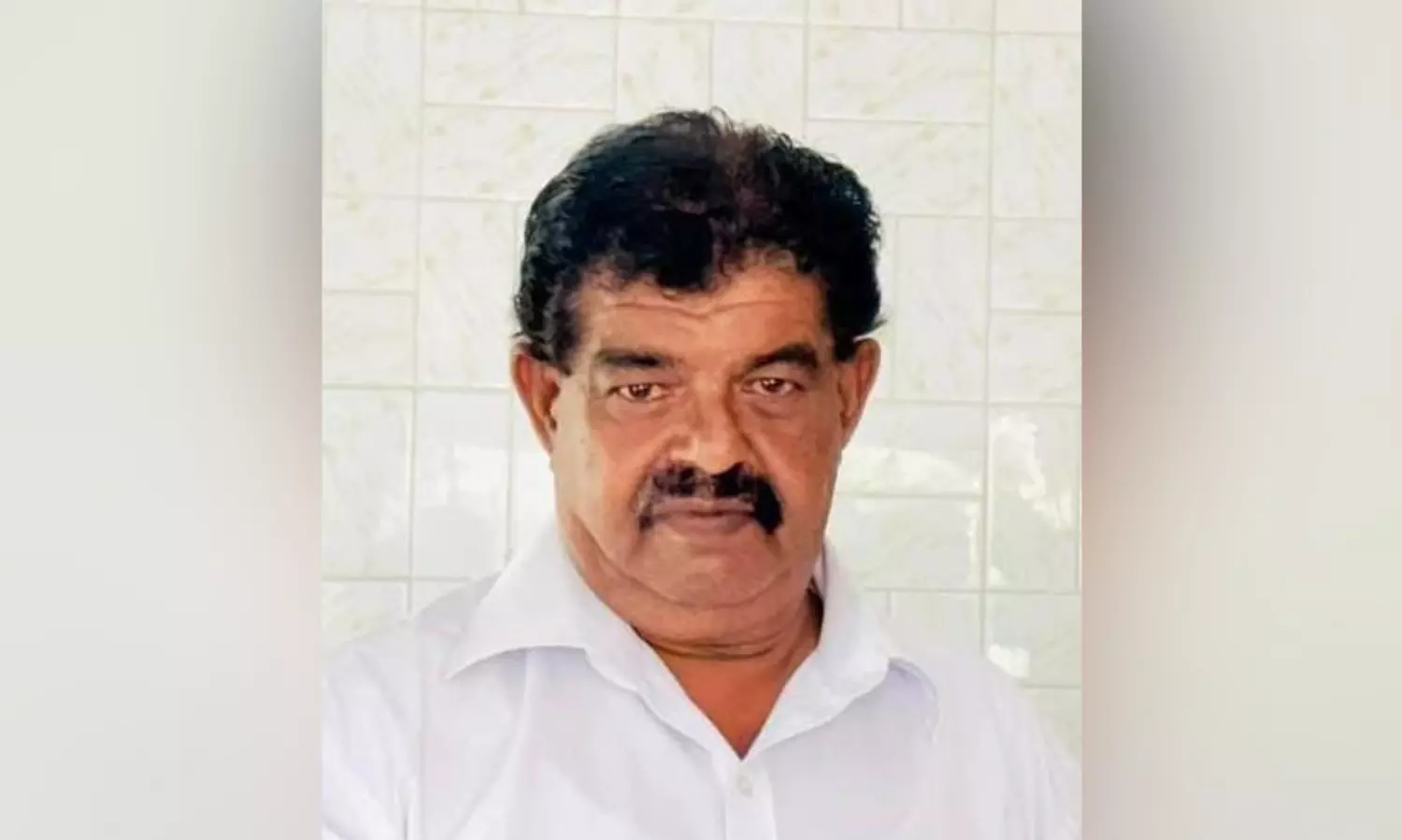(A Scholarly Article Written by a Law Student)
In the UK, obtaining a judgment where a civil proceeding is brought against a defendant, e.g. in case of fraud, is quicker compared to initiating an investigation for a criminal matter which is usually followed by conviction and then retrieving the compensation. Comparing this to the general notion that litigants have in India where they believe criminal trials provide speedy results, complainants in the UK, however, choose a civil proceeding for a speedy recovery of the outstanding amount.
Legal wrongs can be classified into civil and criminal wrongs. When an individual’s right gets breached, which affects his personal interest, then a civil wrong has occurred, but when a wrong that occurs and affects society at large, it is denoted as a crime. Therefore, to deal with such wrongs, there exist different procedures where the aggrieved person/ party can seek relief based on the nature of the wrong that occurred, i.e. civil or criminal. It has been observed that litigants initiate a criminal proceeding for civil disputes.
The trend of criminalising disputes which are civil in nature has become a regular practice in India. The method of criminalising civil disputes is often resorted to either out of enmity or to pressurise the accused and harass the opposing party.[1] Resorting to such methods highlights the worrisome trend that litigants seek merely because it has become a general understanding that criminal proceedings often offer a ‘quick relief.’ While there is no doubt that such a means is an abuse of the process of law, courts on multiple counts have also expressed their concern on the same where civil matters are given a criminal contour so that the accused ends up settling.
Most of these cases are either between companies, a contract where two parties are involved, will execution, partition between a family etc. General practice is that when party A owes an outstanding amount to party B, the latter, while a civil suit is already in process, would file a criminal complaint additionally. When eventually, party A loses a significant amount of time, money and peace of mind in the process, the party finally gives in and opts for settlement. The criminal proceedings are withdrawn by party B, thereby settling the dispute. Such tactics of initiating false criminal proceedings by litigants occur due to the delay in adjudication of civil disputes.
The trend of criminalising disputes which are civil in nature has become a regular practice in India. The method of criminalising civil disputes is often resorted to either out of enmity or to pressurise the accused and harass the opposing party. Resorting to such methods highlights the worrisome trend that litigants seek merely because it has become a general understanding that criminal proceedings often offer a ‘quick relief.’
This paper throws light on the abuse of the process mentioned above while highlighting the legal precedent that one could use against the abuse. Further, this paper also delves into the redressal mechanism and suggests the remedies that are available.
Abuse of the process
Even though there are separate mechanisms to deal with the wrongs (e.g. Civil Procedure Code; Criminal Procedure Code), when there is an on-going civil suit, the complainant wishes to recover the amount due at the earliest and is advised to take the ‘criminal route’ which leads to the involvement of family members, spouses etc. This leads to the initiation of false proceedings from litigant’s side. Such duress often pressurises the accused and finally a settlement is sought. This trend is also prevalent where foreigners as an accused are involved which makes it difficult to conduct business in India.

Keeping the abovementioned scenarios in mind, a look at the judicial decisions would help in a better understanding of the law and how such matters are dealt with.
In a recent case arising out of Odisha[2], it was held by the High Court that “any effort to settle a civil dispute which does not involve any criminal offence, by applying pressure through criminal prosecution should be discouraged.” The Odisha High Court also observed the pertinence of following a plan of action for conducting a preliminary inquiry before filing of an FIR. This practise of criminalisation of civil disputes can be prevented if such preliminary inquiries are conducted.
In the case of Devender Anand[3], the court was of the opinion that in an on-going civil dispute, no case is made when a criminal complaint is filed under IPC under sections 420/34 and that such a complaint is nothing but an abuse of the process of law.

Breach of trust
There are instances when the litigant initiates a criminal proceeding against the accused, does so under ‘a breach of trust’. Now it must be understood that a breach of trust can also amount to a civil as well as a criminal offence.
In the case of Alpic Finance[4] , the court distinguished between the two and stated how there can be cases which are both of civil and criminal in nature and that the analysis of the predominant nature of the case must be fleshed out.
While the case of Hriday Ranjan Prasad[5] helped distinguish as to what constitutes as an offence of breach of contract and that of cheating. A contractual relationship which is civil in nature cannot be converted to a criminal offence to get the desired outcome. The court held that the difference between the two depends on the accused’s intention “at the time to inducement which may be judged by his subsequent conduct but for this subsequent conduct is not the sole test.” It further stated that unless a fraudulent or dishonest intention persisted right from the initiation of the offence, a breach of contract would not induce a criminal prosecution for cheating. Hence, the intention beholds the essence of the offence and it must be proved to hold the wrongdoer guilty.

India has largest backlogs of cases in the world
India is a country that has one of the largest backlogs of cases in the world and instances of falsely initiating criminal proceedings where the case is civil in nature wastes the courts’ precious time and resources. Courts have time and again stressed on the fact that entanglement of an individual in a criminal proceeding to settle a civil dispute wouldn’t amount to an imminent settlement.
The bench in the case of Indian Oil Corporation v NEPC India[6] gave a clear message stating, “Any effort to settle civil claims and disputes which does not encompass any criminal offence, by applying pressure through criminal prosecution should be deprecated and discouraged.” The bench was also of the opinion that when “a complainant who initiates or persists with a prosecution being fully aware that the criminal proceedings are unwarranted and his remedy lies only in civil law, should himself be made accountable at the end of such misconceived criminal proceedings.”
Court’s Inherent Power
While preliminary inquiries can help in curbing the criminalisation of civil disputes; in case if such vexatious disputes manage to reach the court, the court in turn can quash the criminal proceedings to stop the ‘abuse of the process’ of the law.
High Courts have the power under section 482[7] of the Criminal Procedure Code (Cr.Pc) to quash an FIR or criminal proceedings in order to prevent the abuse and secure the ends of justice[8]. The principle of the inherent jurisdiction of the High Court is well explained in the case of R.P Kapur v Punjab[9] where the apex court held that in the need to secure the ends of justice or to prevent the abuse of process of any court, the High Courts would be well within their powers to quash the criminal proceedings. This case also laid down the guidelines as to how and when should the inherent powers be used to quash proceedings.
Another important case for quashing of proceedings is the case of State of Haryana v Bhajan Lal[10] which threw light on the usage of article 226[11] and the inherent powers under 438 Cr.Pc and listed down the illustrative categories for a clear understanding of how to apply them and in what circumstances.
When the complainants are adamant on the FIRs to be registered, they resort to the following reasoning. Numerous cases have settled on the position of the importance to understand why quashing of FIRs must only be done in extraordinary circumstances and not arbitrarily but with utmost care[12]. This is due to the fact that this particular section of Cr.PC (438) is an exception and is not a rule. The case of Golconda Linga Swami[13] is useful as it laid down the instances where the inherent power of the High Court be used:
1) to give effect to an order under the Code,
2) to prevent abuse of the process of the court, and
3) to otherwise secure the ends of justice.
The case stated that the FIR could not be quashed for the very reason for it being filed with malafide intentions and that interference with the FIR is accepted at the threshold when the FIR does not disclose any offence.
Since an FIR is merely a step to initiate an investigation of a cognizable offence, the courts’ discretion to use the inherent power of section 438 Cr.PC should be done with a lot of care because deciding upon the quashing of the investigation altogether; the court would need to “weigh the materials and then come to a conclusion one way or the other “which at that stage is not possible.

Other Jurisdictions
In the UK, obtaining a judgment where a civil proceeding is brought against a defendant, e.g. in case of fraud, is quicker compared to initiating an investigation for a criminal matter which is usually followed by conviction and then retrieving the compensation.[14] Comparing this to the general notion that litigants have in India where they believe criminal trials provide speedy results, complainants in the UK, however, choose a civil proceeding for a speedy recovery of the outstanding amount.
Civil Disputes & FIR
The FIRs that get registered for cases that are civil in nature needs to stop. At the time of filing of the FIR, it is important to find out whether the information thus disclosed is a cognizable offence or not. “If the information received does not disclose a cognizable offence but indicates the necessity for an inquiry, a preliminary inquiry may be conducted only to ascertain whether a cognizable offence is disclosed or not.”[15] The decision of Lalita kumari[16] listed out the categories where preliminary inquiries be made i.e.
“Family/Matrimonial disputes commercial offences
Medical Negligence
Corruption cases
Corruption cases and Cases where there is abnormal delay/laches in initiating criminal prosecution.”
Remedies & Suggestions
The single judge bench in the case of S. Rankan Raju v State of Odisha[17] mentioned section 211[18] (“False charge of offence made with intent to injure”) and 182[19] (“False information, with intent to cause public servant to use his lawful power to the injury of another person”) of IPC as a remedy for civil cases where criminal proceedings were initiated. As mentioned above, this case suggested how preliminary inquiries could aid in preventing criminalization of civil disputes.
It is important for the police to conduct the preliminary inquiry before registering the FIR with utmost care because this is the first step on the basis of which a person has to go through the lengthy process in criminal proceedings for civil disputes.
The Magistrate also has an important role to play to stop the false and vexatious criminal proceedings from proceeding further as the Magistrate can conduct inquiries once the FIR has been filed. Further, under section 202[20] of Crpc, he is supposed to check whether the case is a prima facie case or not, and it is pertinent for him to ascertain if[21]
- The criminal proceeding thus initiated is to abuse the process of law/court and/or
- The dispute is civil in nature completely and/or
- The civil dispute is being given a criminal contour.
Therefore when the Magistrate is of the view that the grounds for making the accusation against the defendant are unreasonable, he can under section 250[22] of the Cr.PC ask the complainant for compensation.
Torts in India is relatively new and not so much in practice, however, a person who is wrongly entangled in a criminal proceeding can avail the civil remedy of damages and can file for malicious prosecution. In such a scenario, if the litigant without any reason or wrongful intent initiates such a proceeding which in turn hampered the accused’s reputation, then he would be held accountable and be liable to pay the damages.
The case of Kamta Prashad Gupta[23] listed down the prerequisites of malicious prosecution.
It is pertinent to note that while such remedies are available, they are sluggish and due to this reason the accused often ends up for a settlement.
Hence at the time of filing the FIR if it can be ascertained whether the complaint is made merely to abuse the process of law, a significant amount time, resource and energy could be saved of the people involved thereby allowing the judiciary to adjudicate upon the cases that have been pending overtime.
The preliminary inquiry that would take place must comply with the guidelines laid down by the Supreme Court in the Lalita Kumari judgment and should also be noted down in a form that is separate from the FIR form to avoid confusion.
The individual who files such cases must be remanded on the spot so that the practice to criminalise civil suits could be curbed at the initial stage itself.
Criminalisation of civil disputes has been going on even though there are multiple judgments which condone such practises. The accused entangled in both criminal as well as civil disputes ends up facing a lot of pressure, loses money and time running from court to court. The fact that lawyers itself suggest their clients to ‘go criminal’ is shameful, as abusing the process of law denotes the lack of respect they have for the profession and the court. While it is suggested that the complainant be warned/penalised for initiating false criminal proceedings with wrongful intent, the lawyers that aid such clients must also be warned to not do so.
Criminal law should be used as the last resort and only if/when the wrong intention is persistent throughout the transaction should it be invoked. The fact that the Indian Judiciary is always criticised for its backlog of cases, elimination of cases that abuse the process of the law must be done right away.
(The author is a Law Student at Jindal Global Law School. The views expressed are his own.)
References:
[1] Mohammed Ibrahim and others v. State of Bihar and others,(2009) 8 SCC 751.
[2] S Ranjan Raju v. State of Odhisha, 2020 (II) OLR 278.
[3] The Commissioner of Police & Ors. v. DevenderAnand and ors., (2019) SCC OnLine SC 996.
[4] Alpic Finance Ltd vs P. SadasivanAndAnr, (2001)3 SCC 513.
[5] Hriday Ranjan Prasad Verma & Ors. v. State of Bihar & Anr., (2000) 4 SCC 168.
[6] Indian Oil Corporation v. NEPC India Ltd. & Others, (2006) 6 SCC 736.
[7] The Code of Criminal Procedure, 1973 § 482.
[8] Dignath Sehgal, What Happens When a Criminal Complaint is Civil in Nature, IPLEADERS (OCT 12, 2020).
[9] R.P. Kapur v. State of Punjab, 1960 AIR 862, 1960 SCR (3) 311.
[10] State of Haryana v. Bhajan Lal, AIR 1992 SC 604.
[11] INDIA CONST. art. 226
[12] State of Kerala and Ors. v. O.C. Kuttan and Ors, (1999) 2 SCC 651.
[13] State of Andhra Pradesh v. Golconda Linga Swamy and Ors, (2004) 6 SCC 522.
[14] Civil & Criminal Fraud, Kingsley Napley,
[15] Lalita Kumari v. Govt. of U.P. and Ors., 2014 (2) SCC 1.
[16] Ibid.
[17] S Ranjan Raju v. State of Odhisha, 2020 (II) OLR 278.
[18] The Indian Penal Code, 1860 § 211.
[19] The Indian Penal Code, 1860 § 182.
[20] The Code of Criminal Procedure, 1973 § 202.
[21] National Bank of Oman vs. Barakara Abdul Aziz, (2013) 2 SCC 488.
[22] The Code of Criminal Procedure, 1973 § 250.
[23] Kamta Prashad Gupta v. The National Buildings Construction Corporation Ltd. and Ors., AIR 1992 Delhi 275.










